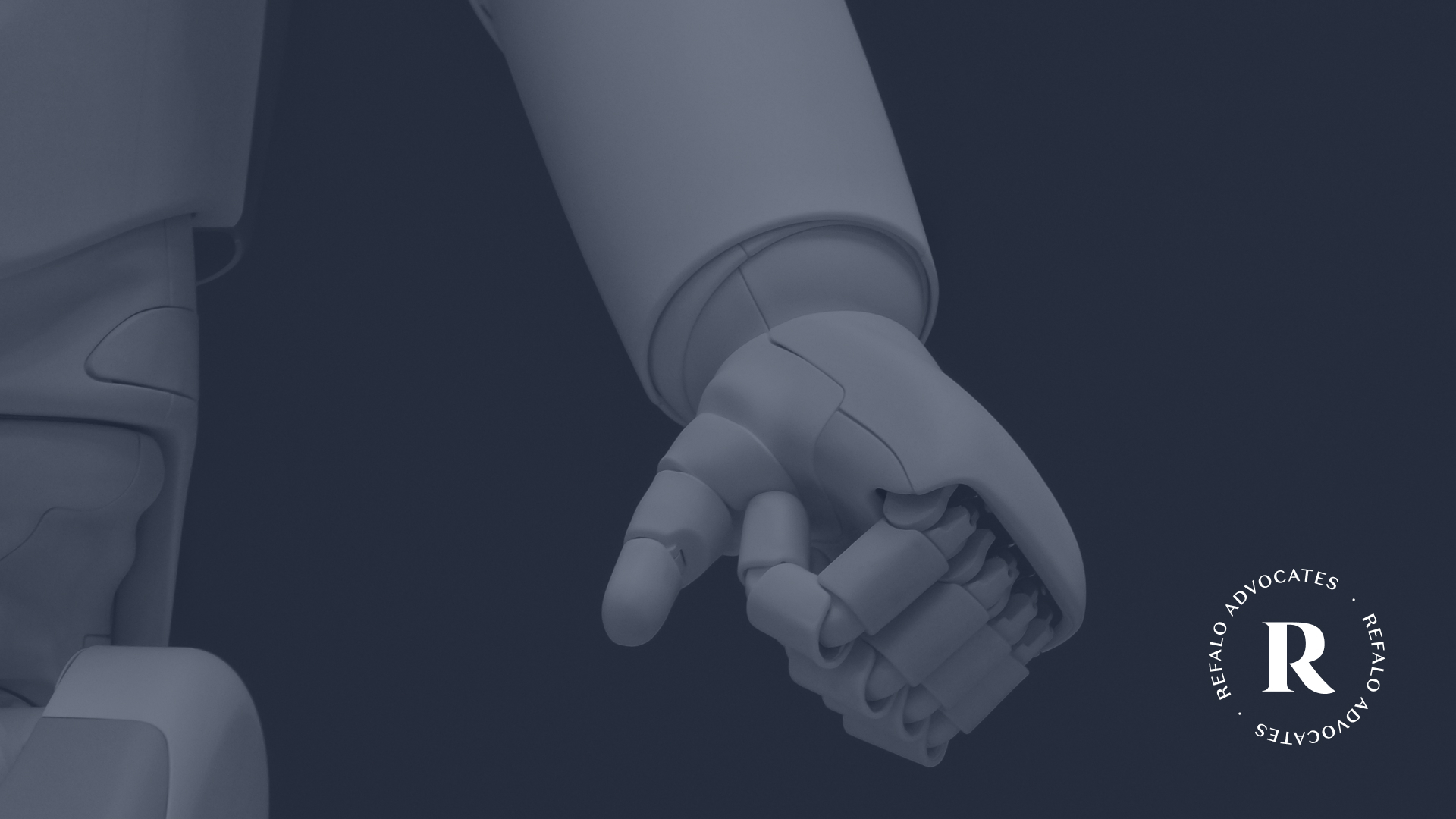How has Malta responded to the rise of AI?
The digital revolution is the greatest dynamic force in our ever-changing world. The field of Advanced Digital Technologies (ADT) is rapidly developing, specifically artificial intelligence. While developments in the field of Artificial intelligence (AI) have many positive uses, AI applications can be used to generate new formations of power; to create a new normal where humans are subject to decision-making and actions based on machine automation and tools that aim to predict behaviour, propensity and emotional states.
In general, when data is utilised, one must ensure it is being used in conjunction with the requirements and law present in Europe. Due to this, the question arises as to whether certain laws and requirements may hinder AI development. The want to advance AI technology and the need to protect human rights, such as and most importantly privacy, are somewhat contradictory. They limit one another and whether a balance which benefits both can be reached is subjective resulting in no definitive answer as to whether or not a country has been able to attain this goal. Global conversations are taking place on how to live with these advanced digital technologies and Malta has also taken its own stance on AI.
AI Initiatives
In November 2018, the Maltese government appointed the Malta AI Task force to develop a national strategy on AI. This laid out a plan in order to integrate AI into society. In addition to this, a framework was compiled to curb risks posed by AI. Undoubtedly AI is bound to bring with it an impactful societal change, therefore, necessitating that it is legislated. AI is a technology that weaves itself into the fabric of everyday life hence why AI’s use of consumer data must be used in conjunction with literature prescribed by EU regulations.
However, there could be certain risks when it comes to personal data due to being such a small country. Our population size could pose a risk in the sense that since Malta is a tight-knit community, any leakage of data could spread faster than it would in other countries. An additional risk could be the fact that the Maltese government is thoroughly involved in many sectors including education and healthcare. In fact, there are already plans to collate the healthcare data, which although is not a bad thing in itself, if any other information such as tax information and other private details are collated, it could result in a security and privacy risk. Thus, in itself, the fact that the merit of AI is in being able to extract information at a faster and deeper level than human beings might put data protection at risk.
An ethical framework is necessary when designing and implementing AI solutions for legal professionals. A cornerstone of the ‘Malta Ethical AI Framework’ is to define the “ethical code” by which AI will be governed – one must be able to intervene where certain applications are considered as high risk so that developments do not impinge individuals’ human rights but rather protects their freedoms. In fact, the framework sets out four principles, formed from the European Commission’s AI HLEG Ethics Guidelines for Trustworthy AI.
These principles which the ethical framework aims to abide by upon implementation are that:
- AI ought to function in such a way that it ‘preserves the dignity, autonomy and self-determination of an impacted individual’.
- Secondly, the advancement of AI technology must occur with the mentality that ‘man operates the machine’. This is firmly established as the notions of liability, responsibility and accountability are of great importance.
- Moreover, AI development must be inclusive to ‘facilitate greater benefits for society’. Through this, AI systems will only operate if they are fair and for the good of society rather than posing the risk of becoming a destabilising force.
The Technology Regulation Advisory Committee
In addition, in October 2019, Malta launched a strategy for Malta to gain a competitive advantage in the global economy as a leader in the field of AI. A Technology Regulation Advisory Committee was set up to control the use of AI which could challenge as well as conflict with our legal and social responsibilities. This Committee would advise on laws and regulations in relation to AI as well as determine how laws that are currently in existence would apply to AI technologies. It shall have the specific aim of assessing and determining the extent to which existing laws and regulations will apply to AI technologies, as well as analysing local laws and regulations which may need updating in order to keep up-to-date with developments at a European level. As aforementioned, although Malta has a progressive disposition and is ready to provide the infrastructure necessary for its development, it is also well aware of the fact that this industry must be regulated, through legal means via the enablers, to protect individuals.
The Ultimate AI Launchpad?
Democratic and legal scrutiny, besides attempts to establish national regulation, can appear futile in the face of the global reach of AI development. AI is the future. As stated in the framework, Malta aspires to become the Ultimate AI launchpad, becoming a leader in the field of AI however given the risks, there are a number of suggestions as to what should be done to make AI and basic human rights mutually beneficial. Given the wide-ranging impacts of AI on potentially all areas of human life, a much more prominent and wide-ranging conversation is needed and when necessary, existing human rights protections must be updated and complemented by national laws and international agreements. This is why it is vital that Malta abides by its ethical framework and the measures outlined – to ensure that the development of AI technology is socially responsible as AI’s sophistication must not come at the expense of violating people’s rights.
The author is indebted to Ms Elisa Micallef Peplow for her assistance in the preparation of this article.





